
Find Help
More Items From Ergsy search
-

What antibiotics are used to treat gonorrhoea?
Relevance: 100%
-
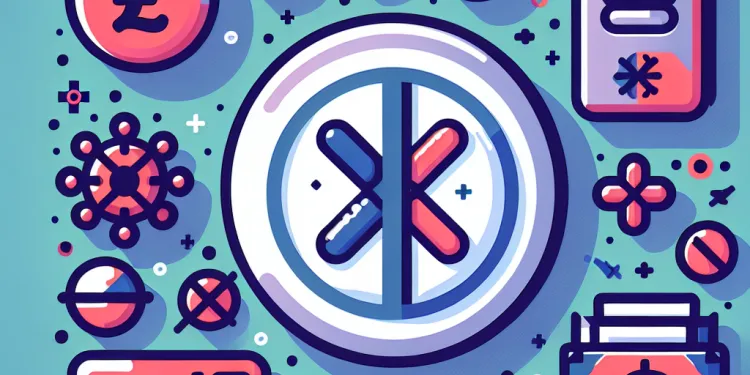
Why is antibiotic resistance a concern with gonorrhoea?
Relevance: 99%
-

Can you still get gonorrhoea after treatment?
Relevance: 85%
-

What is Gonorrhoea?
Relevance: 80%
-

Is there a vaccine for gonorrhoea?
Relevance: 78%
-
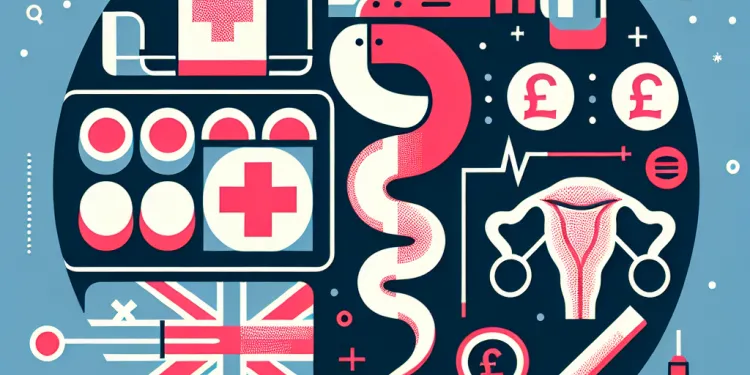
Can gonorrhoea be asymptomatic?
Relevance: 70%
-

What should one do if they suspect they have gonorrhoea?
Relevance: 69%
-

How is gonorrhoea transmitted?
Relevance: 67%
-

How is gonorrhoea diagnosed?
Relevance: 66%
-

Understanding Your Sexual Health - Gonorrhoea
Relevance: 66%
-
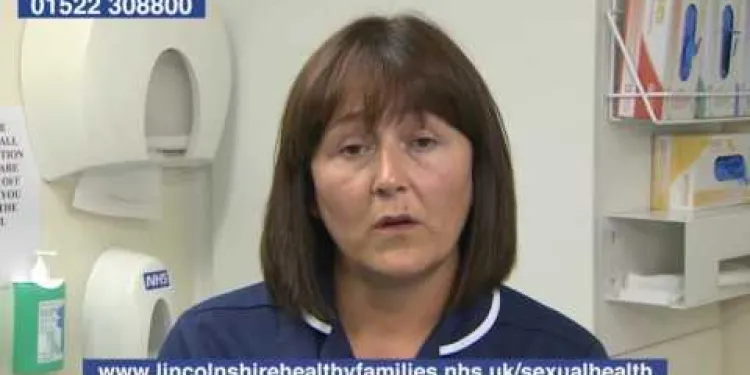
The symptoms of gonorrhoea
Relevance: 66%
-

Can gonorrhoea infect areas other than the genital organs?
Relevance: 65%
-

Are there any long-term effects of gonorrhoea?
Relevance: 65%
-

Urine test for Gonorrhoea and Chlamydia
Relevance: 64%
-

Can gonorrhoea be prevented?
Relevance: 62%
-
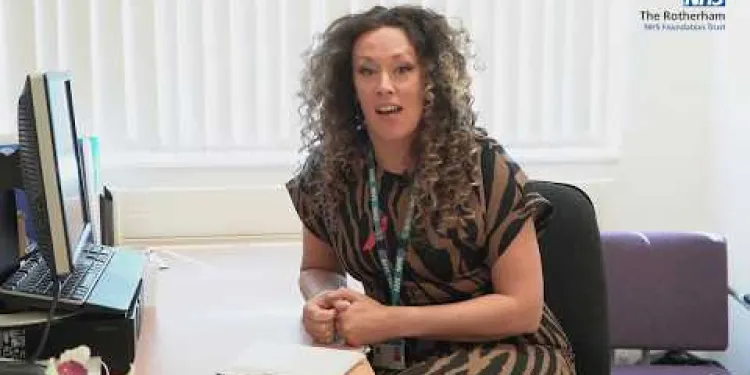
Vaginal Swab test for Gonorrhoea and Chlamydia
Relevance: 61%
-
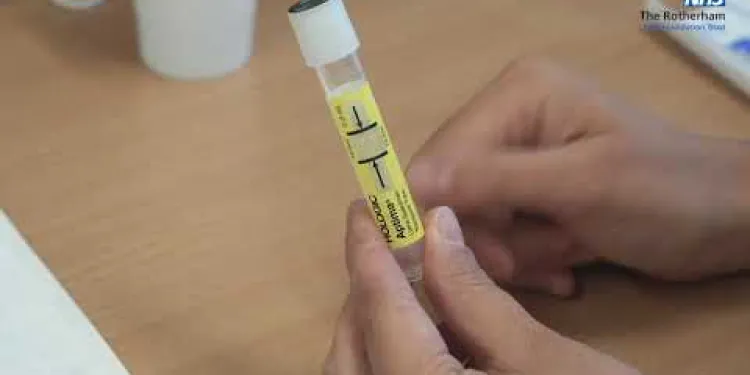
Urine test for Gonorrhoea and Chlamydia
Relevance: 61%
-
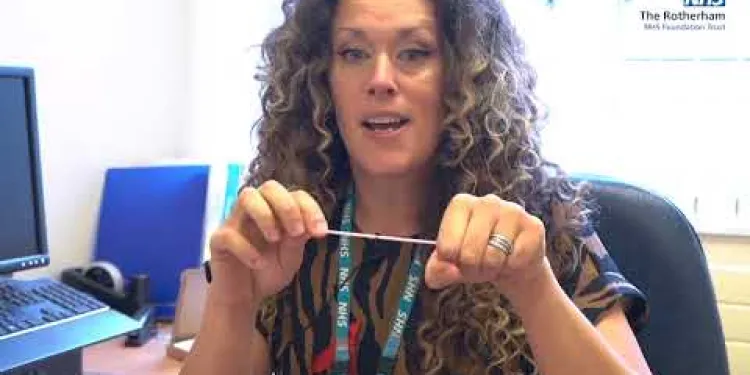
Rectal swab test for Gonorrhoea and Chlamydia
Relevance: 60%
-
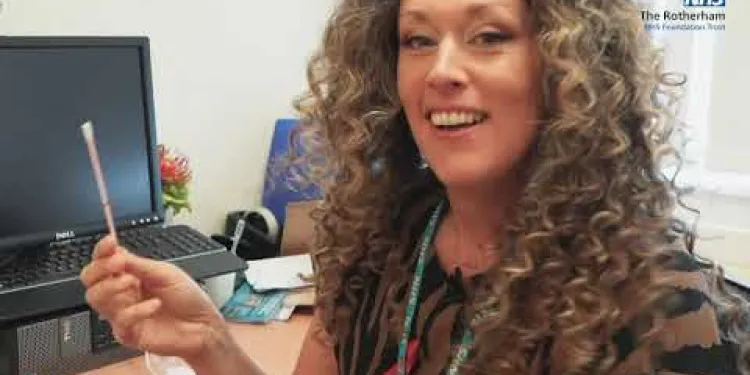
Pharyngeal swab for Gonorrhoea and Chlamydia
Relevance: 58%
-
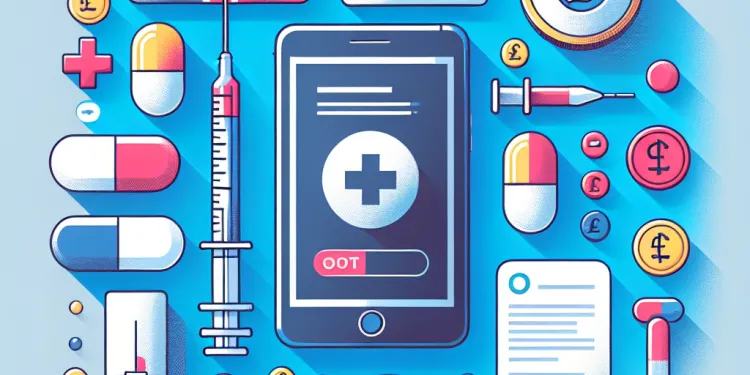
How often should one get tested for gonorrhoea?
Relevance: 58%
-
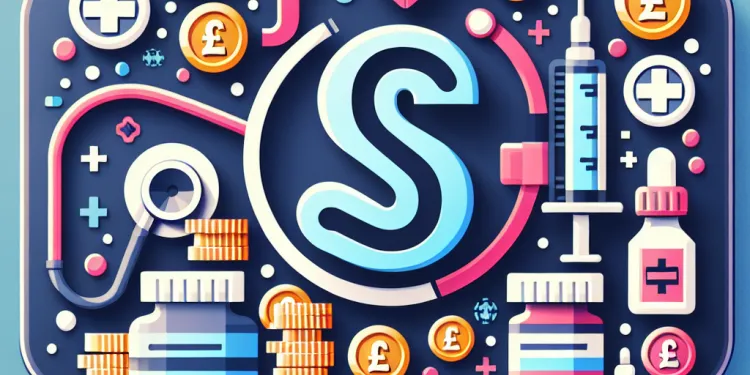
Is gonorrhoea treatable?
Relevance: 55%
-
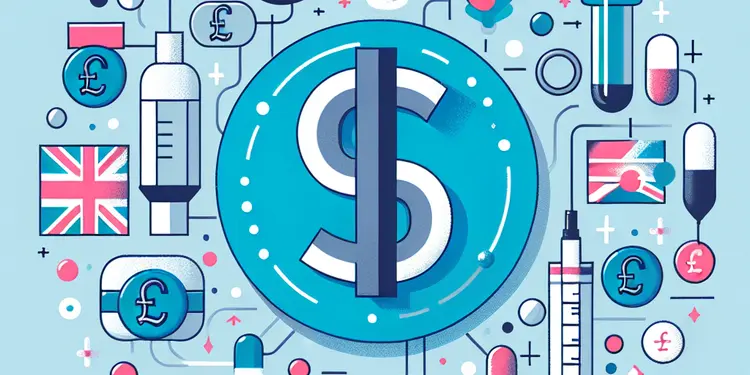
What is antibiotic resistance?
Relevance: 51%
-

Antibiotics and You: An introduction to antibiotic resistant infections
Relevance: 51%
-

Why is antibiotic resistance a problem?
Relevance: 51%
-
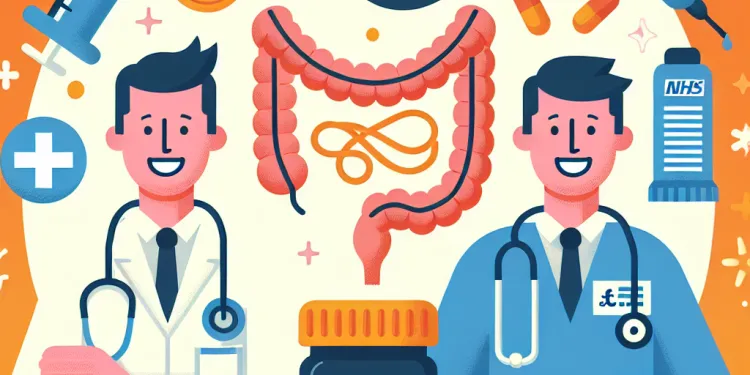
Can appendicitis be treated with antibiotics?
Relevance: 49%
-

Is it bad to take antibiotics?
Relevance: 49%
-

Can taking antibiotics be harmful?
Relevance: 47%
-
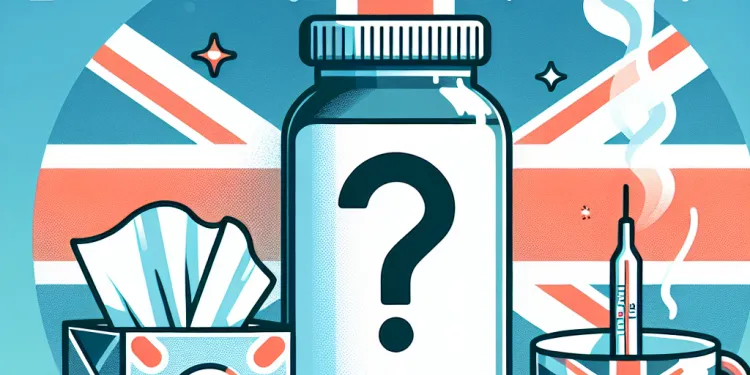
Can I take antibiotics for a cold?
Relevance: 46%
-

How effective are antibiotics in treating Lyme disease?
Relevance: 46%
-

Do antibiotics work on viral infections?
Relevance: 46%
-
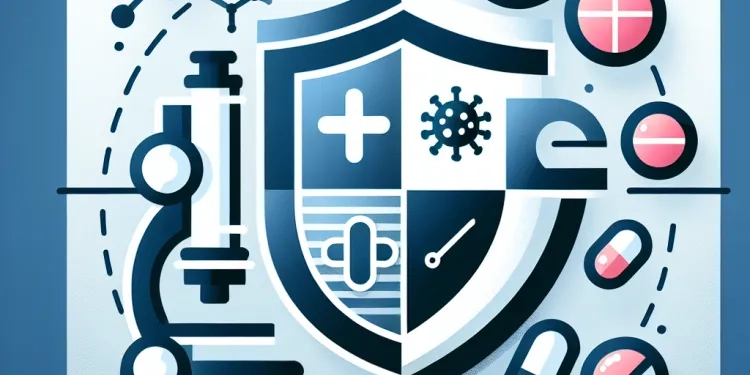
Can the bubonic plague become resistant to antibiotics?
Relevance: 45%
-
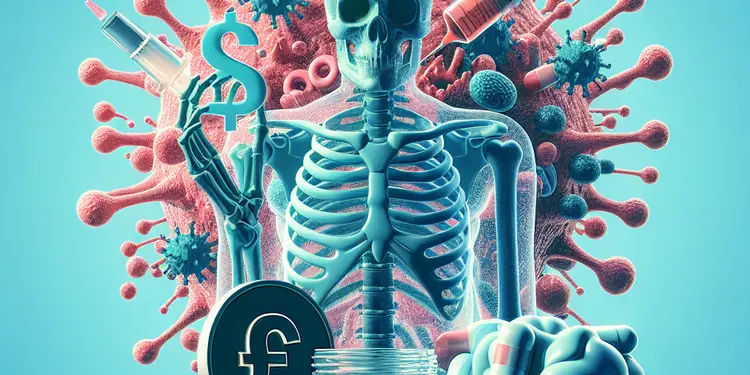
Can antibiotics alone cure flesh-eating disease?
Relevance: 45%
-

Can taking antibiotics frequently cause resistance?
Relevance: 45%
-
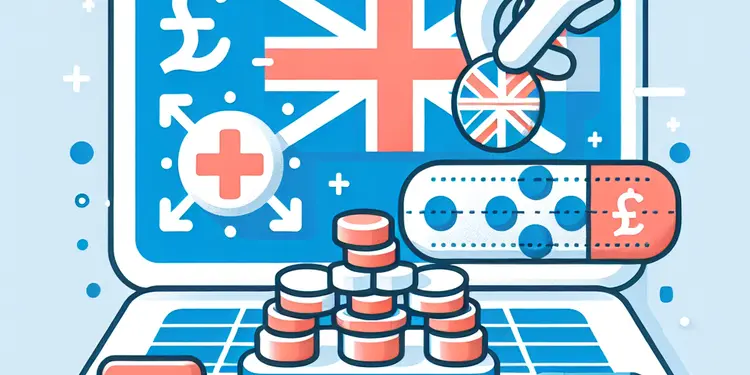
Should I stop taking antibiotics if I feel better?
Relevance: 45%
-

Is taking antibiotics always bad?
Relevance: 44%
-

Can antibiotics treat norovirus?
Relevance: 44%
-

Acute COPD in Adults: Antibiotics or not - Dr Nick Francis
Relevance: 44%
-
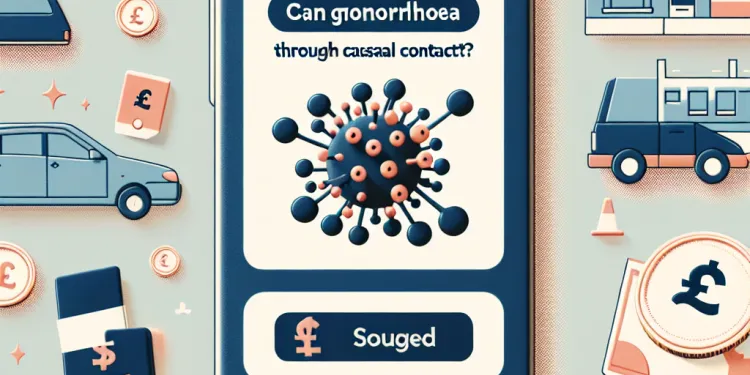
Can gonorrhoea be spread through casual contact?
Relevance: 43%
-
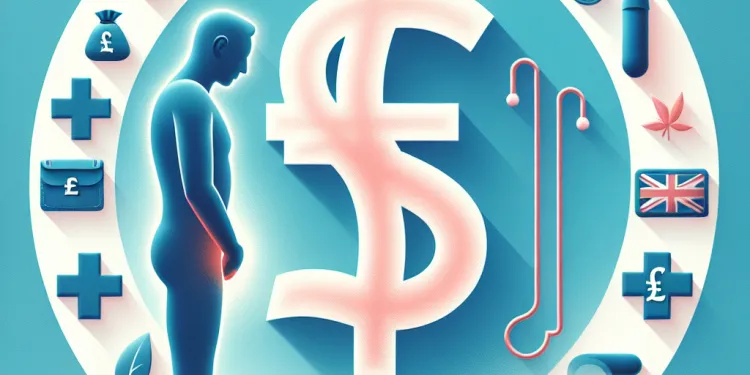
Can gonorrhoea cause complications if left untreated?
Relevance: 43%
-

What are common side effects of antibiotics?
Relevance: 41%
Understanding Gonorrhoea and Its Treatment
Gonorrhoea is a common sexually transmitted infection (STI) caused by the bacterium Neisseria gonorrhoeae. It is a highly infectious disease that can affect both men and women, often presenting symptoms such as unusual discharge, pain during urination, and, in some cases, abdominal pain. If left untreated, gonorrhoea can lead to serious health complications, including infertility, increased risk of HIV, and transmission to partners during childbirth.
Antibiotic Treatment for Gonorrhoea
Antibiotics are the mainstay treatment for gonorrhoea. The choice of antibiotics, however, is continually influenced by emerging antibiotic resistance. In the UK, the treatment guidelines for gonorrhoea have been updated to address this growing concern, ensuring that the most effective drugs are used.
Current Recommended Treatment
The current recommended treatment for uncomplicated gonorrhoea in the UK involves a dual antibiotic therapy. This typically includes an injection of ceftriaxone alongside oral azithromycin. Ceftriaxone is a third-generation cephalosporin antibiotic administered as a single intramuscular dose, usually of 500 mg. Azithromycin, a macrolide antibiotic, is given orally as a single 1g dose. This combination therapy is designed to increase efficacy and help reduce the development of antibiotic-resistant strains of the infection.
Emerging Antibiotic Resistance
Antibiotic resistance is a significant concern in the treatment of gonorrhoea, with strains of Neisseria gonorrhoeae showing resistance to multiple drugs over time. The increasing resistance pattern has necessitated the use of dual therapy and continuous monitoring by healthcare professionals to adapt treatment protocols accordingly. In recent years, resistant strains have emerged against older drugs such as penicillin, tetracycline, and once-standard treatments like ciprofloxacin.
Alternative Treatments
In cases where the recommended antibiotics are not suitable, such as in patients with allergies or in instances of antibiotic-resistant infections, alternative treatments may be considered. These alternatives should be guided by antimicrobial susceptibility testing and current guidelines from health authorities. New treatments, such as spectinomycin and gentamicin, can be considered if first-line options are ineffective or contraindicated.
Importance of Follow-up and Prevention
After treatment, follow-up testing is critical to ensure the infection has been effectively eradicated. Patients are generally advised to abstain from sexual activity until they and their partners have been treated and cleared of the infection. Preventative measures such as consistent condom use, regular STI screenings, and open communication with sexual partners are crucial in reducing the spread of gonorrhoea.
Understanding Gonorrhoea and How It Is Treated
Gonorrhoea (pronounced "guh-nuh-REE-uh") is a sickness you can catch if you have sex with someone who already has it. It's caused by tiny germs called bacteria. Both boys and girls can get it. If you get gonorrhoea, you might notice stuff like having a lot of discharge, pain when you pee, or a tummy ache. If you don't get it treated, it can make you very sick, and you might not be able to have babies in the future. It can also make it easier to catch another disease called HIV, and it can pass to babies when they are being born.
Antibiotic Medicine for Gonorrhoea
Doctors use special medicine called antibiotics to treat gonorrhoea. But some germs are getting tough, and the medicine doesn't work as well. Because of this, doctors in the UK have new rules about the best antibiotics to use.
How Gonorrhoea is Treated Now
In the UK, when someone has gonorrhoea, doctors usually use two types of medicine together. First, they give you an injection with medication called ceftriaxone. This is just one shot, and it's usually 500 mg. Then, you take another medicine called azithromycin by mouth, and it's just one big 1g pill. These two medicines together work better and help stop the germs from getting strong against the medicine.
Germs Getting Strong Against Antibiotics
Some gonorrhoea germs are learning how to fight against the medicine we use, which makes it harder to treat. Because of this, doctors have to keep watching how the germs are changing and sometimes use different medicines. Some older medicines, like penicillin and others like ciprofloxacin, don't work anymore because the germs got too strong.
Other Ways to Treat Gonorrhoea
Sometimes the usual medicine doesn't work for everyone or if someone is allergic to it. Then, doctors look at tests to find the best medicine. They might use different medicines, like spectinomycin or gentamicin, when the first ones don't work.
Why Follow-ups and Prevention are Important
After you get treatment, it's important to go back to the doctor to make sure the gonorrhoea is all gone. You should not have sex until you and your partner have finished your treatment and the doctor says you are okay. To stop gonorrhoea from spreading, use condoms, get regular health check-ups, and talk openly with your partners about health.
Frequently Asked Questions
What is the first-line antibiotic treatment for gonorrhea?
The first-line treatment for gonorrhea is typically a single intramuscular injection of ceftriaxone.
Can oral antibiotics be used to treat gonorrhea?
Oral antibiotics like azithromycin can be used in conjunction with ceftriaxone in the treatment of gonorrhea, but ceftriaxone injection is the preferred primary treatment.
Why is ceftriaxone preferred for treating gonorrhea?
Ceftriaxone is preferred due to its effectiveness against Neisseria gonorrhoeae, including resistant strains.
What is the typical dosage of ceftriaxone for gonorrhea?
The typical dosage is a single 500 mg intramuscular injection.
Are there alternative antibiotics if someone is allergic to ceftriaxone?
Alternatives may include gentamicin or spectinomycin, often combined with azithromycin, but specific alternatives should be guided by a healthcare professional.
Can gonorrhea become resistant to ceftriaxone?
Yes, there is growing concern over ceftriaxone-resistant strains of Neisseria gonorrhoeae.
Is azithromycin still used in gonorrhea treatment?
Azithromycin is often used alongside ceftriaxone but concerns about resistance have decreased its use as a primary treatment.
How soon do symptoms improve after treatment with antibiotics?
Symptoms generally improve within a few days, but it's important to complete the entire course as prescribed.
Should sexual partners be treated for gonorrhea?
Yes, it's crucial that sexual partners are also treated to prevent reinfection.
How effective is antibiotic treatment for gonorrhea?
When appropriately administered, antibiotic treatment for gonorrhea is highly effective.
Are over-the-counter antibiotics available for gonorrhea?
No, antibiotics for gonorrhea require a prescription from a healthcare provider.
What should you do if symptoms persist after treatment?
If symptoms persist, follow up with a healthcare provider as it may indicate resistant infection or reinfection.
Can pregnant women be treated with ceftriaxone for gonorrhea?
Yes, ceftriaxone is considered safe for use in pregnancy to treat gonorrhea.
Why is dual therapy recommended for treating gonorrhea?
Dual therapy is used to maximize treatment effectiveness and reduce the potential for resistance development.
Is ciprofloxacin still used for gonorrhea treatment?
Ciprofloxacin is generally not recommended due to high levels of resistance.
How has gonorrhea treatment changed over the years?
Treatment has evolved with changing resistance patterns, shifting from penicillin to ceftriaxone as resistant strains emerged.
Can untreated gonorrhea lead to complications?
Yes, untreated gonorrhea can lead to serious health issues such as pelvic inflammatory disease and infertility.
Why is follow-up testing recommended after treatment?
Follow-up testing ensures the infection has been fully cleared and rules out reinfection.
Can gonorrhea be cured with antibiotics?
Yes, gonorrhea can typically be cured with the appropriate antibiotic treatment.
How important is it to follow the prescribed antibiotic regimen?
It is crucial to follow the prescribed regimen exactly to ensure the infection is effectively cleared and to prevent resistance.
What medicine is given first to treat gonorrhea?
Doctors use a special medicine called an antibiotic to treat gonorrhea. It helps to kill the germs that cause the sickness. If you think you have gonorrhea, you should see a doctor. They will give you the right medicine to help you get better. Talking to someone you trust can also be helpful. They can help explain things if you are confused or worried.
If someone has gonorrhea, the first treatment doctors usually give is one shot of a medicine called ceftriaxone.
Can you take pills to treat gonorrhea?
You can take medicine called azithromycin by mouth along with another medicine called ceftriaxone to treat gonorrhea. But getting a shot of ceftriaxone is the best way to treat it.
Why do doctors use ceftriaxone to treat gonorrhea?
Doctors pick ceftriaxone because:
- Kills the germs: Ceftriaxone works well to get rid of the germs that cause gonorrhea.
- Stops spreading: Using this medicine helps prevent the disease from spreading to others.
- Fewer doses: You usually need only one dose, making it easy to take.
Helpful Tools:
- Read with someone you trust like a family member or friend.
- Use pictures or drawings to understand better.
- Ask a doctor or nurse if you have questions.
Ceftriaxone is a medicine that works well to treat a germ called Neisseria gonorrhoeae. It can also fight germs that do not go away easily.
How much ceftriaxone do you take to treat gonorrhea?
If you have gonorrhea, doctors usually give you medicine called ceftriaxone.
You might need to take ceftriaxone one time as an injection.
Always ask your doctor or nurse for advice on how to take your medicine.
If you find reading hard, ask someone for help or try using an app that reads out loud. You can also ask your doctor to explain things in a simple way.
The usual amount to take is one shot of 500 mg. The shot goes into a muscle.
Can you use other medicines if you are allergic to ceftriaxone?
Instead of using one medicine, you might use other medicines called gentamicin or spectinomycin. Sometimes, these are taken together with another medicine called azithromycin. It is important to ask a doctor or nurse what the best choice is for you.
Can gonorrhea stop responding to ceftriaxone?
Gonorrhea is a kind of germ that makes people sick.
Ceftriaxone is a medicine that helps make people feel better when they have gonorrhea.
Sometimes, germs change and the medicine does not work anymore. This is called "resistant."
Doctors are trying to make sure ceftriaxone keeps working. They check if the medicine still helps with gonorrhea.
Helpful tip: If you find reading hard, ask someone to read with you or use an app that reads out loud.
Yes, people are worried because some germs that cause gonorrhea are not stopped by a medicine called ceftriaxone.
Do doctors still use azithromycin to treat gonorrhea?
Gonorrhea is a type of infection. Doctors used to give a medicine called azithromycin to help people get better. But now, they have found other medicines that work better.
If you want to know more or need help, it can be good to ask a doctor or nurse. They can tell you the best way to get treatment.
Doctors often use a medicine called azithromycin with another medicine called ceftriaxone. But, sometimes azithromycin does not work as well because germs are getting stronger. So, doctors are using it less by itself.
If you find reading hard, try using pictures or ask someone to read with you. There are also apps that read text out loud for you.
When will I feel better after taking medicine for an infection?
When you take medicine called antibiotics for an infection, it can help you feel better. Here are some tips and tools to help:
- Most people start to feel better in a few days.
- If you don't feel better, tell a grown-up or a doctor.
- Use a calendar to mark off each day you take your medicine.
- A doctor or nurse can help answer your questions.
Remember to take your medicine just like the doctor says.
Your symptoms will probably get better in a few days. But it is important to take all your medicine just like the doctor said.
Do partners need medicine for gonorrhea?
If one partner has gonorrhea, both should take medicine. This stops the spread. It helps everyone get better.
Here are some tips:
- Visit a doctor together.
- Take all the medicine your doctor gives you.
- Tell the doctor if you feel sick after taking the medicine.
- Use protection, like condoms, to stay safe in the future.
Yes, it's important that everyone you have sex with gets treatment too. This stops the germs from coming back.
Do antibiotics work well to treat gonorrhea?
Doctors use medicine called antibiotics to help people with gonorrhea feel better. It is important to take all the medicine the doctor gives you. This helps make sure the germs go away.
If you take your medicine as the doctor says, you can get better quickly. If you feel bad again after taking the medicine, you should go back to the doctor. They can help you with more medicine.
If reading is hard, you can ask someone to read with you. Or you can use tools like audiobooks or apps that read text out loud. These can help make reading easier.
If you take the medicine called antibiotics the right way, it can work really well to treat gonorrhea.
Can you buy medicine for gonorrhea without a prescription?
Gonorrhea is an illness. You need medicine to treat it. This medicine is called antibiotics.
You cannot buy antibiotics for gonorrhea in a shop. A doctor has to give you a prescription for them.
If you think you have gonorrhea, talk to a doctor. They will help you.
Helpful Tips:
- Ask someone you trust to go with you to the doctor.
- Write down your symptoms to tell the doctor.
- Use a notebook to remember what the doctor says.
No, you need a doctor's prescription to get antibiotics for gonorrhea.
What to do if you still feel sick after treatment?
If you still feel sick after you finish your treatment, here is what you can do:
- Tell your doctor or nurse. They can help you.
- Take notes on how you feel. This can help the doctor know what to do.
- Ask questions if you don't understand. It's okay to ask for help.
- Use picture charts or drawings. These can help you explain how you feel.
Remember, it's important to talk to someone if you still do not feel better.
If you still feel sick, go see a doctor. It might mean that the sickness is not going away or has come back.
Can pregnant women take ceftriaxone for gonorrhea?
If a woman is going to have a baby, can she use a medicine called ceftriaxone to treat a sickness called gonorrhea?
Helpful Tips:
- Ask a doctor for advice.
- Talk to someone you trust.
- Use simple words to ask questions.
Yes, ceftriaxone is safe to use when you are pregnant. It helps treat gonorrhea.
Why do doctors use two medicines to treat gonorrhea?
Doctors use two medicines to make sure the treatment works. Gonorrhea is an infection that can be hard to get rid of with just one medicine. Using two medicines together helps stop the infection completely and makes it less likely to come back.
Here are some tips to help understand better:
- Use a dictionary to look up words you don't know.
- Ask someone you trust to explain the information to you.
- Use online tools that read the text out loud.
Duo therapy is when doctors use two medicines to help treat a sickness. This helps the treatment work better and stops the sickness from becoming harder to treat.
Do doctors still use ciprofloxacin to treat gonorrhea?
Ciprofloxacin is a medicine that doesn't work well because germs have learned how to beat it. Doctors don't usually recommend it.
How has treatment for gonorrhea changed over time?
The way doctors treat gonorrhea has changed a lot over time.
Gonorrhea is an illness that you can catch. Doctors used to use different medicines to make it go away. Now, they use new medicines that work better.
If you need help reading about this topic, it can be useful to:
- Ask someone you trust to read it with you.
- Look for videos or pictures about gonorrhea treatment.
- Use apps that read text out loud for you.
Doctors changed the medicine they use because the germs got stronger. They used to give penicillin, but now they use a medicine called ceftriaxone because it works better.
What happens if you do not treat gonorrhea?
Yes, if you do not treat gonorrhea, it can cause big health problems. It can make you very sick and can stop you from having children.
Why should you have more tests after you finish treatment?
It is important to have more tests after you finish treatment to make sure you are getting better. These tests help the doctor see if the treatment worked and if you are healthy now.
Having check-ups can help catch any problems early, so you can get the help you need quickly.
You can ask someone you trust to come with you to the doctor. They can help ask questions and remember the doctor’s advice.
Follow-up tests make sure the person is completely better and has not caught the infection again.
Can medicine make gonorrhea go away?
Yes, medicine can usually cure gonorrhea. A doctor will give you the right medicine to help you get better.
Why is it important to take your medicine the way the doctor says?
Taking your medicine the right way helps you get better. Follow the plan from your doctor.
If it's hard to remember, try using a pill box or set reminders.
It's really important to take your medicine just like the doctor said. This helps to make sure you get better and stops the germs from coming back stronger.
Useful Links
Have you found an error, or do you have a link or some information you would like to share? Please let us know using the form below.
-->
This website offers general information and is not a substitute for professional advice.
Always seek guidance from qualified professionals.
If you have any medical concerns or need urgent help, contact a healthcare professional or emergency services immediately.
Some of this content was generated with AI assistance. We’ve done our best to keep it accurate, helpful, and human-friendly.
- Ergsy carfully checks the information in the videos we provide here.
- Videos shown by Youtube after a video has completed, have NOT been reviewed by ERGSY.
- To view, click the arrow in centre of video.
- Most of the videos you find here will have subtitles and/or closed captions available.
- You may need to turn these on, and choose your preferred language.
- Go to the video you'd like to watch.
- If closed captions (CC) are available, settings will be visible on the bottom right of the video player.
- To turn on Captions, click settings .
- To turn off Captions, click settings again.
More Items From Ergsy search
-

What antibiotics are used to treat gonorrhoea?
Relevance: 100%
-

Why is antibiotic resistance a concern with gonorrhoea?
Relevance: 99%
-

Can you still get gonorrhoea after treatment?
Relevance: 85%
-

What is Gonorrhoea?
Relevance: 80%
-

Is there a vaccine for gonorrhoea?
Relevance: 78%
-

Can gonorrhoea be asymptomatic?
Relevance: 70%
-

What should one do if they suspect they have gonorrhoea?
Relevance: 69%
-

How is gonorrhoea transmitted?
Relevance: 67%
-

How is gonorrhoea diagnosed?
Relevance: 66%
-

Understanding Your Sexual Health - Gonorrhoea
Relevance: 66%
-

The symptoms of gonorrhoea
Relevance: 66%
-

Can gonorrhoea infect areas other than the genital organs?
Relevance: 65%
-

Are there any long-term effects of gonorrhoea?
Relevance: 65%
-

Urine test for Gonorrhoea and Chlamydia
Relevance: 64%
-

Can gonorrhoea be prevented?
Relevance: 62%
-

Vaginal Swab test for Gonorrhoea and Chlamydia
Relevance: 61%
-

Urine test for Gonorrhoea and Chlamydia
Relevance: 61%
-

Rectal swab test for Gonorrhoea and Chlamydia
Relevance: 60%
-

Pharyngeal swab for Gonorrhoea and Chlamydia
Relevance: 58%
-

How often should one get tested for gonorrhoea?
Relevance: 58%
-

Is gonorrhoea treatable?
Relevance: 55%
-

What is antibiotic resistance?
Relevance: 51%
-

Antibiotics and You: An introduction to antibiotic resistant infections
Relevance: 51%
-

Why is antibiotic resistance a problem?
Relevance: 51%
-

Can appendicitis be treated with antibiotics?
Relevance: 49%
-

Is it bad to take antibiotics?
Relevance: 49%
-

Can taking antibiotics be harmful?
Relevance: 47%
-

Can I take antibiotics for a cold?
Relevance: 46%
-

How effective are antibiotics in treating Lyme disease?
Relevance: 46%
-

Do antibiotics work on viral infections?
Relevance: 46%
-

Can the bubonic plague become resistant to antibiotics?
Relevance: 45%
-

Can antibiotics alone cure flesh-eating disease?
Relevance: 45%
-

Can taking antibiotics frequently cause resistance?
Relevance: 45%
-

Should I stop taking antibiotics if I feel better?
Relevance: 45%
-

Is taking antibiotics always bad?
Relevance: 44%
-

Can antibiotics treat norovirus?
Relevance: 44%
-

Acute COPD in Adults: Antibiotics or not - Dr Nick Francis
Relevance: 44%
-

Can gonorrhoea be spread through casual contact?
Relevance: 43%
-

Can gonorrhoea cause complications if left untreated?
Relevance: 43%
-

What are common side effects of antibiotics?
Relevance: 41%


